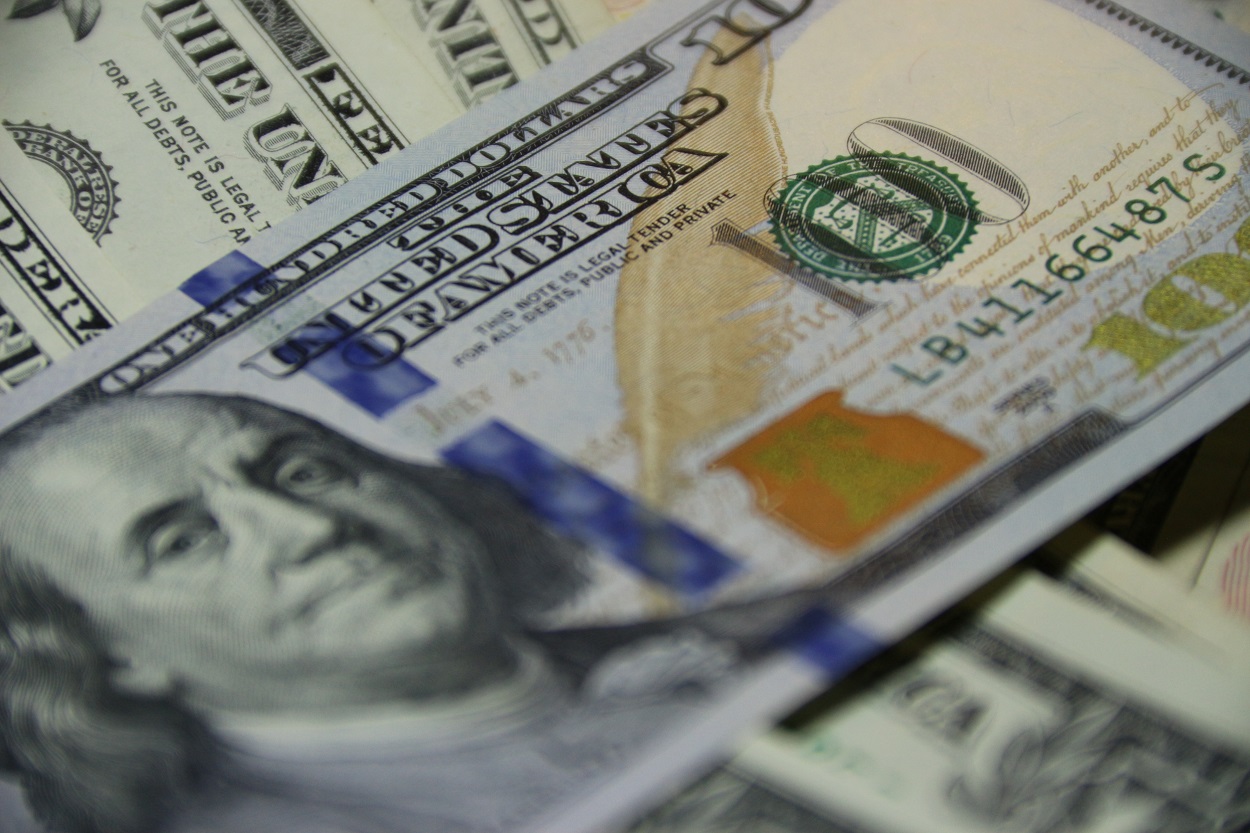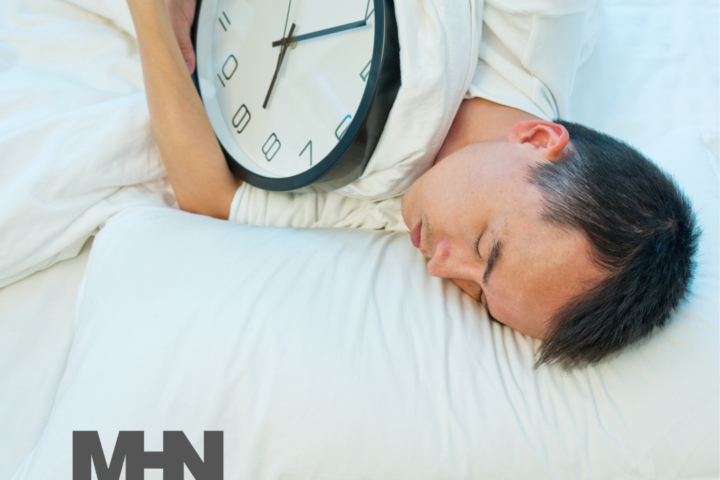She tells you that “it’s that time of the month,” which means that it’s baby-making time. You’ve been waiting for this and have duly refrained from sex or masturbation to stockpile the biggest quantity of sperm you can during her time of need. Is “saving up” sperm like retirement money a good idea?
401k Fund for Sperm?
To help answer this, let’s start with a little biology. Our research has shown that it takes about 64 days to build, mature and ejaculate a human sperm. During that time, nonmoving sperm travel from the testicle, where they are made, into the epididymis, where they learn to move. After about two weeks there, all revved up and ready to go, they are dropped into an epididymal reservoir with 600 million of their buddies, where they await the call of ejaculation. This means that sperm are “stored” before they are launched. In other words, men don’t ejaculate sperm right after it’s made. And, only a fraction of that pool of sperm gets called up with each ejaculation.
That means that if you don’t ejaculate regularly, the sperm that pour forth when you do are “older” than if you did the deed more often. And what she really needs is young healthy sperm and not older, tired sperm. So, the way the system works, you can’t save up sperm like cash in the bank, because sperm has a clear and definite shelf-life. It’s like saving up perishable groceries; they just don’t hold up well.
Prescription for Sex
What should you do? The best advice comes from a great study in which couples trying to conceive kept diaries of when they tried and the pregnancy success they had. When researchers poured over these records, it became clear that having sex every other day around the fertile period was associated with high pregnancy rates. Not only that, but having sex within a 6-day window leading up to ovulation, meaning “front loading” intercourse, was better than having sex only at the time of ovulation. It appears that sperm last for several days in the female reproductive tract and can literally wait for the egg to drop before pouncing on it.
So, please don’t skip sex to “save up” sperm. Sexual abstinence leads to more sperm in the ejaculate, but that sperm is older, less agile and less healthy. She doesn’t need the most sperm from you, only the best. Another myth busted.
This article first appeared on Dr. Turek’s blog.
Photo by Vladimir Solomyani on Unsplash




